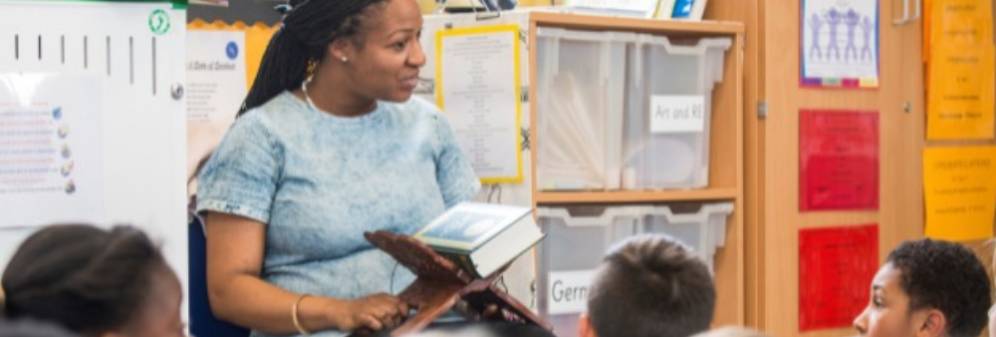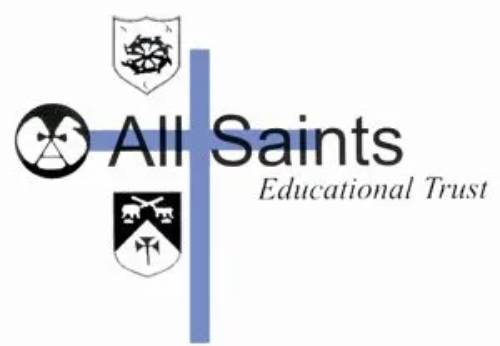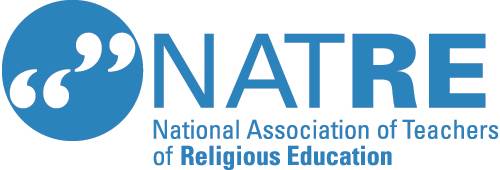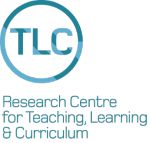Where will the RE teachers come from?
Shared Space: developing ‘powerful knowledge’ of inter-religious dialogue through a teacher fellowship model for RE specialists.
Image source: natre.org.uk
The challenge
The longstanding and well-documented shortage of RE teachers must be addressed urgently if schools in England and Wales are to meet their statutory responsibilities to provide the subject to all pupils aged 3 – 18.
Research impact - A new professional development model for teachers of RE
This impact story presents on an All Saints Educational Trust-funded project that explores a new professional development model for teachers of RE.
The project addresses the professional development needs of those 51% of secondary teachers of RE trained in another subject specialism - a group we have defined as ‘RE TWOs’ (Teachers with Other Specialisms), moving away from the deficit language of ‘non-specialists’. Currently, RE TWOs must transform into subject specialists with minimal in-service professional development to both teach, and even lead, RE in their schools.
The focus of the project was the academic field of inter-religious dialogue. This aligns with the ongoing concerns of the Shared Space project (see underpinning research) of community relations and the role RE might play in promoting them through raising levels of pupils’ religious literacy.
The project is novel in taking a teacher fellowship model already established by the Historical Association (HA) and translating it to the RE context to promote academic knowledge of inter-religious dialogue as a theme itself in contemporary theology and RS courses, not just a social skill, and then to investigate the impact on teachers.
Following the HA model, we offered our teacher fellows (a mixture of primary and secondary practitioners) a fully funded, rigorous, in-depth continuing professional development (CPD) programme through direct encounters with university academics engaged in recent research.
Ofsted (2021) has argued that “at both primary and secondary level, pupils should be taught by teachers who have secure subject and curriculum knowledge, who foster pupils’ interest in the subject and who are equipped to address pupils’ misunderstandings”.
Participants reported how acquisition of new knowledge directly impacted their teaching and gave them more confidence. For example, one teacher fellow rewrote his whole school scheme of work using the broader knowledge he acquired from participating in the teacher fellowship, specifically considering broader questions, such as ‘Who do we bring to the table? Why are we teaching it? Why in this order? Why is this important and impactful?’
Furthermore, participants acknowledged how the wealth of theological knowledge that the speakers brought to a variety of subjects, including Buddhism, Paganism and Islam, not only brought the subject matter to life, but added depth and colour too:
“Traditionally we’re very much focused on giving children knowledge and having … key facts or key beliefs or things like that. So, being able to … look at these different ways, and one of them being theology of how we study or how we understand … people’s beliefs.” - Teacher fellow
In sum, the data from the project demonstrated how the success of the teacher fellowship was based on two key areas: the opportunity for participants to form a community of practice in order to learn, question and reflect in an environment where they were invested in and valued as a professional, and the development of specific religious-based knowledge and understanding, coupled with the opportunity to experience, explore and discuss a variety of worldviews.
Following this initial project, we collaborated with LTLRE to host a conference attended by 66 teachers and RE leaders from the South West. Utilising a mix of keynote speakers and workshops, the conference gave attendees the opportunity to engage in professional dialogue, learn from and with others, and share best practice.
74% of participants rated their overall experience of the conference as excellent and 26% as good. They noted how, by including a stronger academic focus to the conference, as well as hearing from cutting edge university academics about their research, the conference helped them develop their knowledge and changed their thinking relating to religion and worldviews.
“It helped me to think about how to navigate better both personal and student led encounters about interfaith dialogue and perspectives” – Conference participant
Underpinning research
The teacher fellowship project retained the principles and practices of Shared Space established in earlier phases of the project (see Orchard et al., 2021 ; Williams et al., 2019), and informed by the contact hypothesis principles (Allport, 1954).
Contact theory is a field of social psychology interested in how contact between members of different groups can reduce prejudice which informed the principles teacher fellows followed when developing their schemes of work.
We recommended the teachers plan their lessons using the Shared Space Toolkit to address the wider educational aim of promoting warmer community relations through RE based on the four contact principles: equal status, working towards shared goals, completing tasks that require genuine co-operation, supported by wider institutional support.
To this end, teacher fellows were encouraged to not only embed ‘conversation’ into their lesson plans, but also incorporate ‘structured interaction’ and ‘encounter’, in line with the principles of contact theory set out in the Shared Space Toolkit (Christopher et al., 2019).
Key information
- The RE Teacher Fellowship Project addresses the professional development needs of those 51% of secondary teachers of RE trained in another subject specialism (RE TWOs).
- The project recognises the benefits of high-quality CPD with a continued focus on improving the standards of teachers’ professional development through evidence-backed programmes.
- The recently elected Labour Government pledges to spend £450m to recruit more than 6,500 new teachers with a specific emphasis on teachers being a specialist in the subject they teach, this falls short of the number currently needed in UK schools to address issues.
- We believe that the teacher fellowship model of professional development offers a solution to the developing not only the 51% of secondary teachers of RE trained in another subject specialism, but TWO’s teachers more broadly.
Researchers
- Dr Janet Orchard - Associate Professor in Philosophy and Religion in Teacher Education, School of Education, University of Bristol
- Dr Victoria Bowen - Senior Research Associate, School of Education, University of Bristol
Funder
Date published
November 2024
Publications
- Orchard, J., & Bowen, V. (2024). Shared Space: promoting teachers’ academic understanding of inter-religious dialogue through a teacher fellowship model for religious education (RE). Journal of Religious Education, 72(1), 35-49.
- McKeown Jones, S. Orchard, J., Williams, A, Bowen, V. & Christopher, K. (2023) Building community relations through research informed educational practice in schools. Available at: https://www.cstg.org.uk/wp-content/uploads/sites/4/2023/01/FINAL-Building-Community-Relations.pdf
- Orchard, J., Williams, A., Christopher, K., McKeown, S., Jackson-Royal, R., Wright, K., ... & Davids, N. (2021). Knowledge exchange, intergroup relations and ‘sharing space’: A community of enquiry for the professional development of teachers of religion and worldviews. British Journal of Religious Education, 43(3), 265-277.

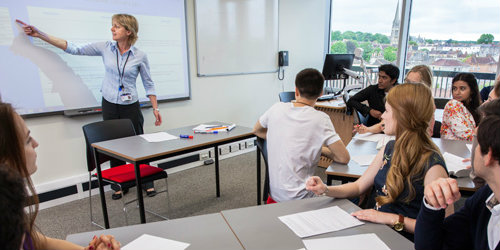 Study Education
Study Education
Join us in improving educational environments for future generations
